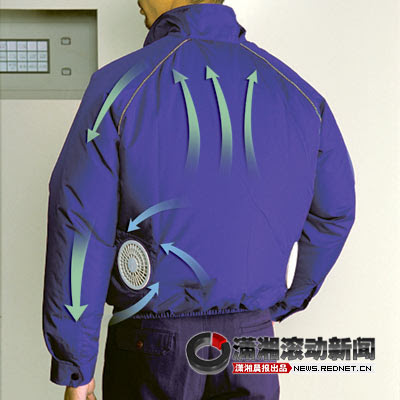The benefits of solar panels have been called into question after the Energy Savings Trust (EST) reduced the estimated saving on electricity bills to just £70 a year.
The EST had previously estimated the savings to households at around £120 annually.
The admission will be a blow to the growing number of "rent-a-roof" schemes, where households receive free solar panels in return for savings on their electricity bill. However, as many of these schemes lock households into a 25-year contract, many householders are expected to be reluctant to take part for such paltry savings.
Under "rent-a-roof" schemes, the company that installs the panels, which typically cost around £14,000, keeps the income generated from selling the surplus energy back to the grid via the Government's feed-in tariff (FIT) scheme – typically earning more than £1,000 each year.
Launched last year, the FIT scheme means that home owners who install solar panels will receive money for any energy that is generated at home. Payments are index-linked for 25 years and at present generate 43.3p for every kilowatt hour produced by the system, plus an additional 3p per kWh as an "export tariff".
With free solar panel installations, the company that owns the panels will receive the income from the generation and export tariffs from your panels, while the homeowner will benefit from reduced energy bills.
Rosalyn Foreman of the EST said: "We followed trials of other technologies which you'd expect to export much less back to the grid than solar panels, but they showed lower levels of electricity used on site than expected, so we've altered our expectations of solar accordingly.
"While these are typical estimates, it's quite possible that someone could save more than £70 if they were at home in the day or set all their appliances to run in daylight hours."
The news comes after a Which? investigation found that three quarters of solar panel salesmen used "dodgy sales tactics" and misled customers on potential savings. In an undercover investigation, the consumer group found that 75pc of companies overestimated how much energy the solar panels would produce and most of them underestimated how long it would take for the system to pay for itself.
Which? found that the Government's rules to work out energy output did not take into account key factors such as where people live.
More than 28,000 households installed solar panels in the last financial year, with the number growing by 1,000 homes each week.
full article

